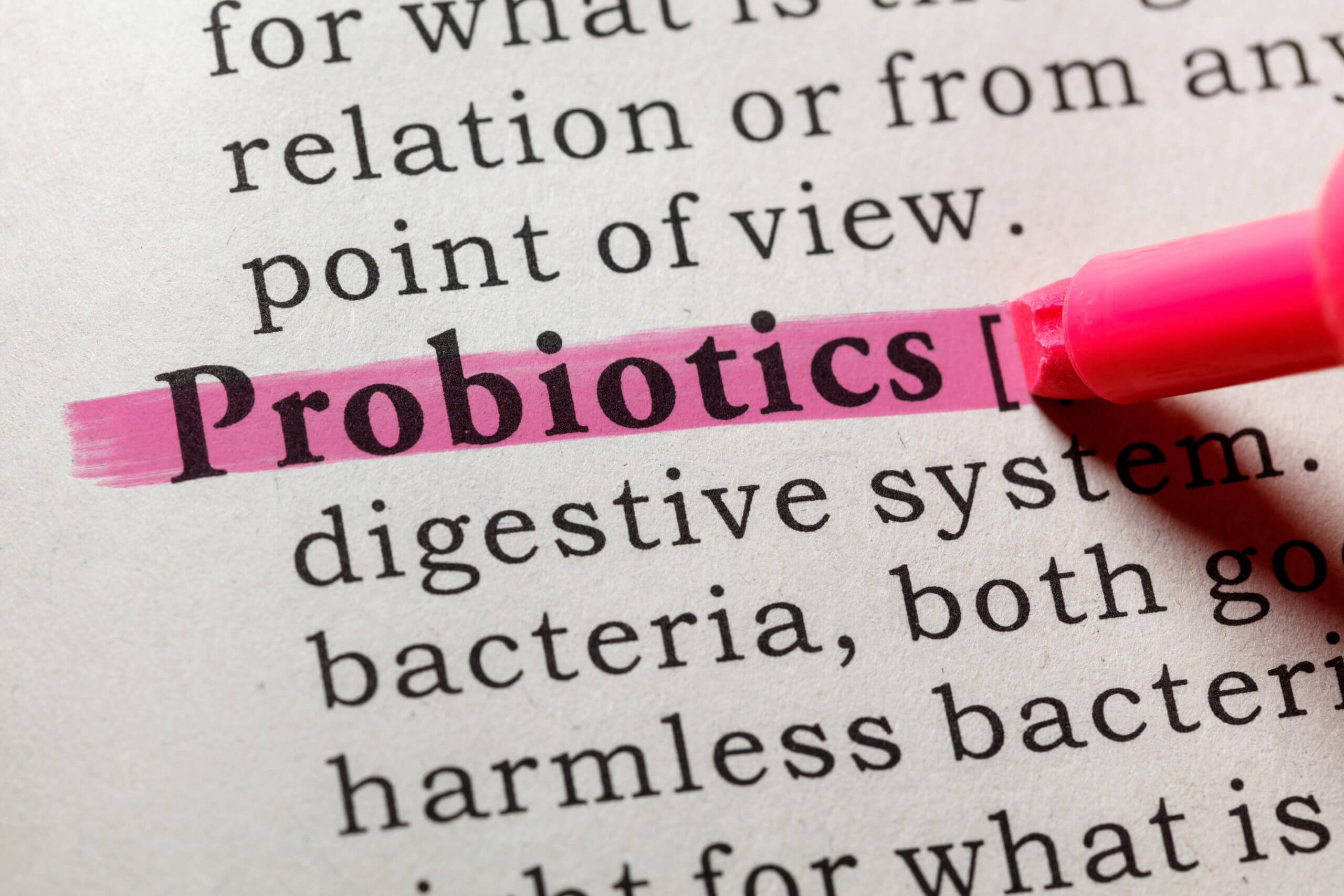A new study finds probiotics don’t improve poor vaginal health. However, international researchers report that a third of women taking supplements did get better spontaneously.
Researchers from The Fertility Clinic at Zealand University Hospital, Denmark recruited 74 women who were referred for IVF treatment between April 2019 and February 2021. All the women had an abnormal lactobacillus profile which varied from low to medium quality. Lactobacillus is a genus of lactic-acid-producing bacteria.
Researchers assigned women to receive vaginal probiotic capsules or a placebo. The study participants were given a 10-day course of probiotics and again in the subsequent menstrual cycle (on cycle day 21 to 25). Samples were then taken to determine the effect on the vaginal microbiome. “Improvement in the vaginal microbiome was defined as a shift in receptivity profile from low to medium; low to high; and from medium to high,” the media release reads.
The study shows that the vaginal microbiome improved by 40% in the placebo group and by 29% in those taking the lactobacillus probiotic. Little difference was observed between women taking the probiotic and those taking a placebo.
Researchers say similar outcomes were observed in the menstrual cycle after intervention.
“The study indicates that administering vaginal lactobacilli probiotics may not improve a suboptimal vaginal microbiome,” says principal investigator Ida Engberg Jepsen, from The Fertility Clinic, in a statement.
Researchers did find, though, that 34% of all women who took part in the trial showed an improved between a month to three months later, regardless of whether they took a probiotic or a placebo.
Researchers say “it may be worthwhile to postpone fertility treatment among patients with an ‘unfavorable’ vaginal microbiome until a normal balance is achieved.”
“[A] spontaneous improvement rate over a period of one to three months may provide a basis for an alternative therapeutic approach. The strategy would involve postponing fertility treatment until spontaneous improvement occurs, but further research is needed. The specific vaginal probiotic tested in this study had no effect on the favorability of the vaginal microbiome before IVF. But probiotics in general should not yet be discounted,” says Engberg Jepsen.
Researchers say IVF pregnancy chances can be affected by many factors, including the type of bacteria which naturally colonize the reproductive tract. “Good bacteria in the form of probiotics are of increasing interest in treating women with an imbalance in vaginal microbiota,” the media release reads.
The study was part of The ReproHealth Research Consortium Zealand University Hospital.
